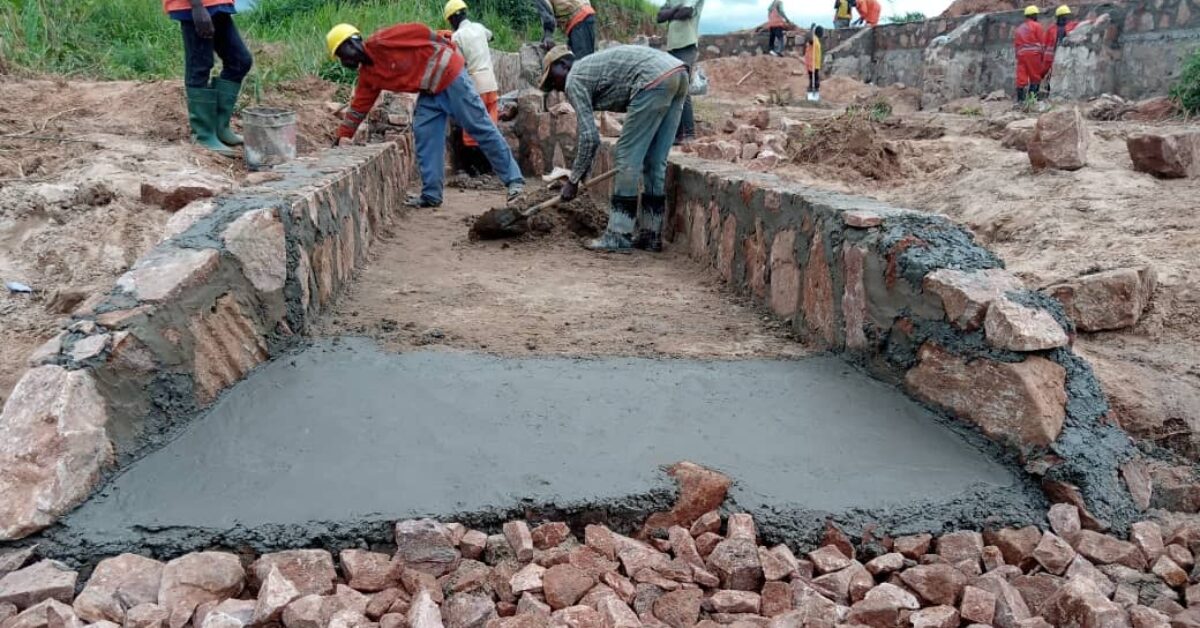Building Infrastructure with Integrity: The Role of Citizen Monitoring and Advocacy
Corruption has been a longstanding issue in the DRC, particularly in infrastructure projects funded by international aid and public resources. These projects, vital for economic development and improving citizens’ quality of life, often face corruption at various levels, leading to cost overruns, substandard work, and delayed completion.
The mismanagement of funds and lack of oversight have resulted in projects that do not meet quality standards or fail to benefit the intended communities adequately. This wastes public funds, undermines trust in government institutions, and hampers socio-economic progress. However, innovative approaches, such as the use of technology and citizen-led advocacy, offer promising solutions to mitigate corruption risks and ensure transparency and accountability in infrastructure development.
One organization at the forefront of addressing corruption in infrastructure projects in the DRC is the Centre de Recherche sur l’Anti-Corruption (CERC). CERC has developed innovative tools and strategies to empower citizens and hold government officials and contractors accountable. One such tool is the CitizenEye Mobile App, a user-friendly platform that allows citizens to report corruption, monitor projects, and engage in advocacy efforts.
The CitizenEye Mobile App enables citizens to document and report irregularities they observe in infrastructure projects, such as embezzlement, bribery, and poor construction quality. Through real-time reporting and geo-tagging features, citizens can provide evidence directly to CERC, enhancing transparency and enabling swift action against corrupt practices. Moreover, the app serves as a communication channel for citizens to voice their concerns and demand accountability from relevant authorities.
In addition to the technological aspect, CERC employs a citizen-led advocacy approach to complement its monitoring efforts. By organizing training workshops, community meetings, and awareness campaigns, CERC empowers citizens with knowledge about their rights, the importance of transparency in infrastructure projects, and strategies for effective advocacy. This grassroots mobilization not only strengthens communities’ capacity to detect and prevent corruption but also fosters a culture of civic engagement and accountability.
The impact of CERC’s approach is evident in several successful cases where citizen monitoring and advocacy have led to positive outcomes in infrastructure projects. For instance, through citizen reports and advocacy campaigns, CERC exposed corrupt practices in a road construction project, leading to investigations, disciplinary actions against officials involved, and the redirection of funds to complete the project as per standards.
By leveraging technology, citizen participation, and advocacy, CERC’s model presents a viable solution to combat corruption in infrastructure projects in the DRC. However, sustaining these efforts requires continued support from stakeholders, including government agencies, civil society organizations, and international partners. Investing in transparency measures, strengthening anti-corruption institutions, and promoting civic engagement are crucial steps towards ensuring that infrastructure development in the DRC benefits all citizens and contributes to sustainable development.
